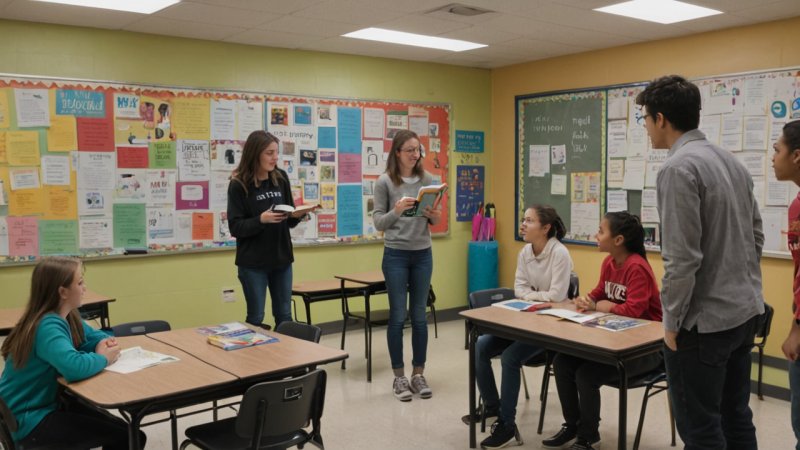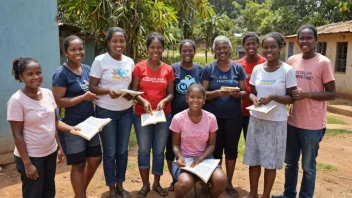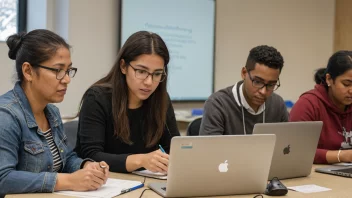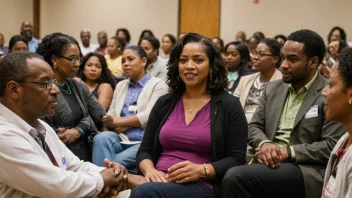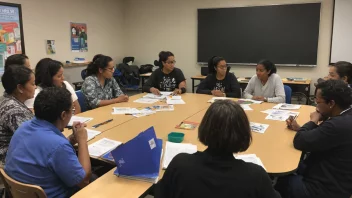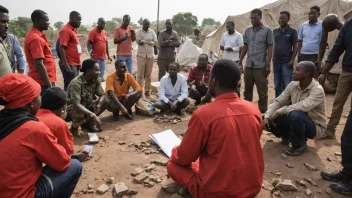Introduction
In an age where information is readily available, fostering critical literacy skills in students is more essential than ever. Critical literacy goes beyond reading and writing; it empowers students to analyze and evaluate the information they encounter, enabling them to become informed citizens. Here are five effective strategies educators and community members can utilize to nurture these vital skills.
1. Encourage Analytical Reading
Students should be taught to not just consume texts but to analyze them critically.
- Ask Open-Ended Questions: Encourage students to reflect on the text by posing questions like, "What is the author's purpose?" or "How does this text relate to our world today?"
- Discuss Multiple Perspectives: Promote discussions around different interpretations of the text to broaden understanding and critical thinking.
2. Integrate Media Literacy
Incorporating media literacy into the curriculum equips students with the skills to navigate the digital landscape.
- Analyze Sources: Teach students to evaluate the credibility and bias of various media sources.
- Fact-Checking Exercises: Encourage students to practice verifying information before accepting it as truth.
3. Promote Creative Expression
Allowing students to express their understanding through creative means helps solidify their critical literacy skills.
- Art Projects: Facilitate projects where students can create visual representations of their interpretations.
- Debates and Discussions: Organize structured debates on relevant topics to encourage articulate expression of their viewpoints.
4. Foster Collaborative Learning
Collaboration among students can enhance critical literacy by exposing them to diverse viewpoints.
- Group Projects: Assign projects that require teamwork, where students must share and defend their ideas.
- Peer Review Sessions: Implement peer feedback processes to help students critically evaluate each other's work.
5. Connect Learning to Real-World Issues
Linking literacy skills to current events can make learning more relevant and engaging.
- Current Events Discussions: Incorporate discussions about local and global issues to help students connect literacy to the world around them.
- Service Learning Projects: Engage students in community service that requires them to research and understand the issues at hand.
Conclusion
By implementing these strategies, educators can foster critical literacy skills that will empower students to navigate the complexities of the modern world. Encouraging analytical reading, integrating media literacy, promoting creative expression, fostering collaborative learning, and connecting learning to real-world issues are key to developing informed, engaged, and thoughtful individuals. Through these efforts, we can inspire the next generation to become active participants in their communities and beyond.
